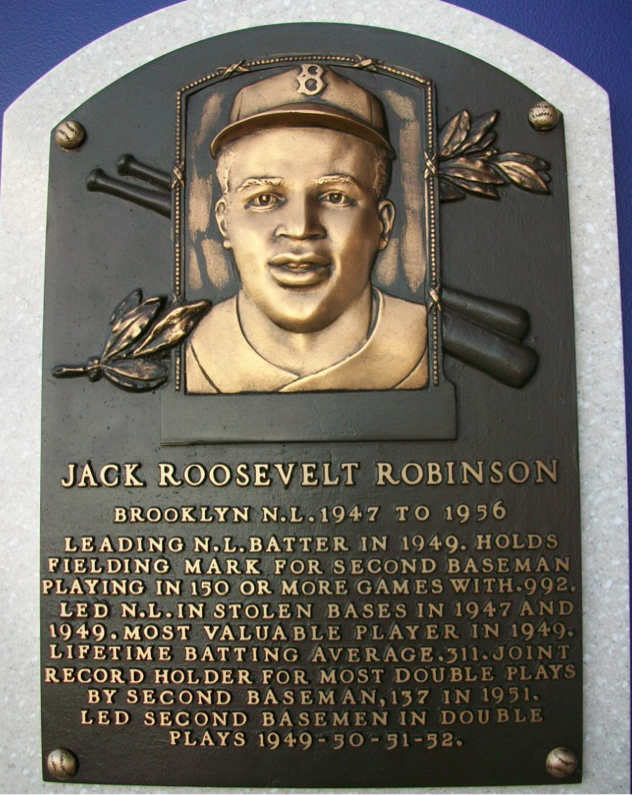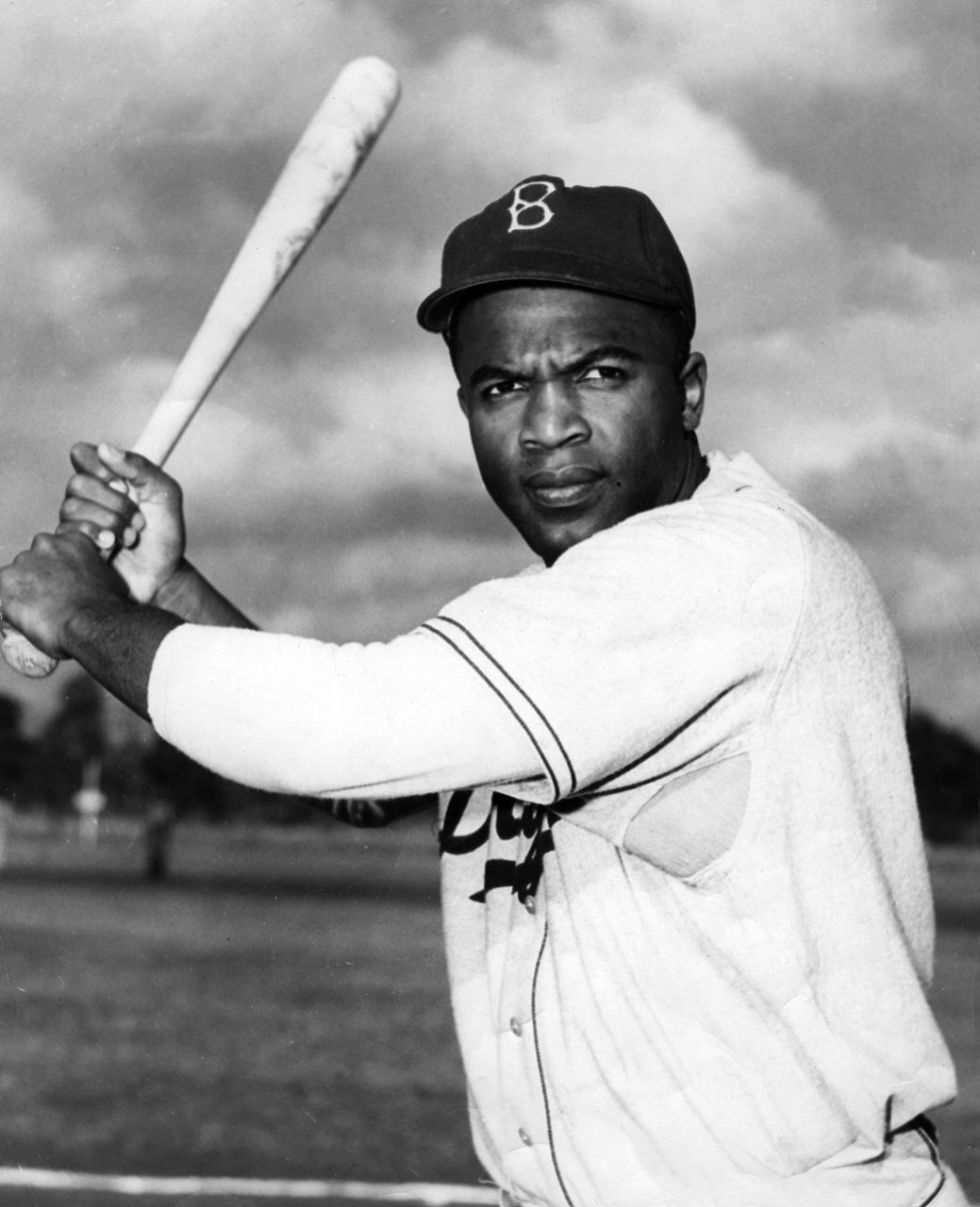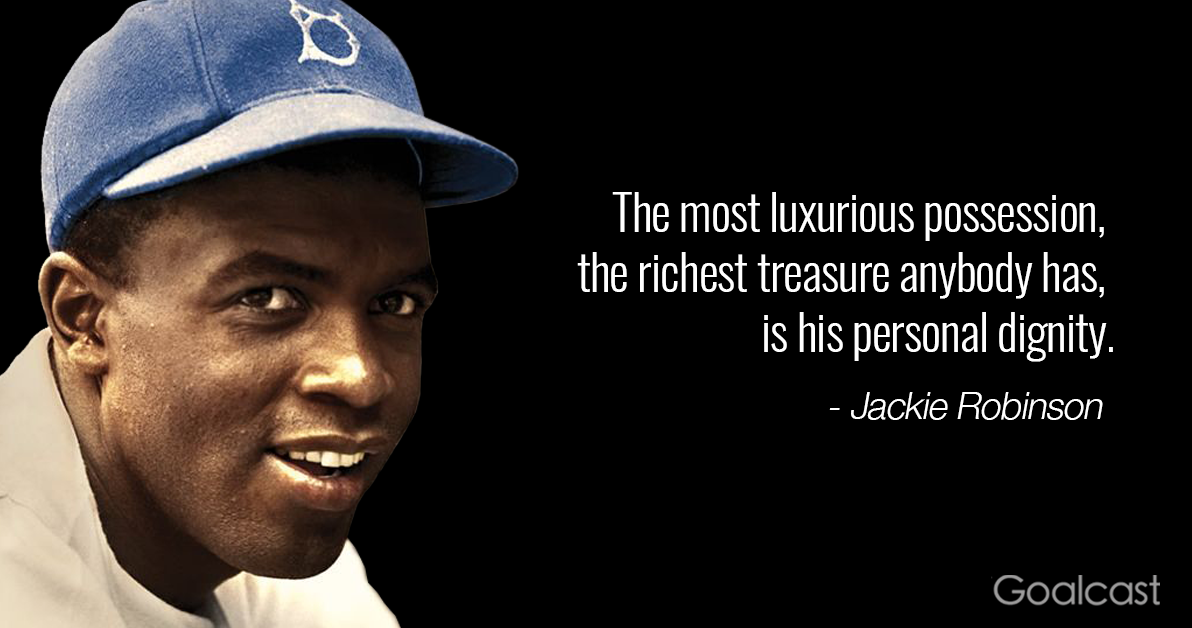Jackie Robinson's challenges in breaking the color barrier in Major League Baseball (MLB) remain one of the most significant stories in sports history. As the first African American to play in the MLB in the modern era, Robinson faced immense obstacles both on and off the field. His journey was not just about playing baseball but about challenging societal norms and paving the way for future generations.
Robinson's story is a testament to courage, resilience, and determination. The challenges he encountered were multifaceted, ranging from racial discrimination to personal threats. Despite these hurdles, he persevered and became a symbol of hope and change in American society. This article will delve into the various challenges Jackie Robinson faced and how he overcame them, leaving a lasting legacy in the world of sports.
By understanding the challenges Jackie Robinson encountered, we gain insight into the broader struggle for racial equality in America. His story continues to inspire millions around the world, reminding us of the power of perseverance and the importance of standing up against injustice. Let us explore the obstacles he faced and the impact he left on the game of baseball and beyond.
Read also:What Is Out Where The Wild Things Are About Exploring Maurice Sendaks Masterpiece
Table of Contents
- Biography of Jackie Robinson
- Early Life and Education
- Breaking the Color Barrier
- Racism in Baseball
- Support from Teammates and Management
- Mental Toughness and Resilience
- Legacy and Impact
- Statistical Achievements
- Challenges in Personal Life
- Conclusion
Biography of Jackie Robinson
Jackie Robinson was born on January 31, 1919, in Cairo, Georgia. He grew up in Pasadena, California, where he developed a passion for sports at a young age. Robinson excelled in various sports, including football, basketball, and track, but it was baseball that would define his legacy. Below is a summary of his personal and professional life:
Biographical Data
| Full Name | Jack Roosevelt Robinson |
|---|---|
| Birth Date | January 31, 1919 |
| Birth Place | Cairo, Georgia |
| Death Date | October 24, 1972 |
| Death Place | Stamford, Connecticut |
| Spouse | Rachel Isum Robinson |
| Children | Jackie Robinson Jr., Sharon Robinson, and David Robinson |
| Profession | Baseball Player, Civil Rights Activist |
Early Life and Education
Jackie Robinson's early life was marked by hardship and resilience. Growing up in a racially segregated society, he faced numerous challenges that shaped his character and determination. Despite financial difficulties, Robinson's family emphasized the importance of education and hard work.
He attended UCLA, where he became the first athlete to letter in four sports: football, basketball, track, and baseball. However, financial constraints forced him to leave college before graduating. This period of his life laid the foundation for his future success, both on and off the field.
Breaking the Color Barrier
In 1947, Jackie Robinson broke the color barrier in Major League Baseball when he joined the Brooklyn Dodgers. This historic moment was the result of Branch Rickey's vision and Robinson's exceptional talent. Rickey, the Dodgers' general manager, chose Robinson not only for his skills but also for his ability to handle the pressure and scrutiny that came with being the first African American in the MLB.
Robinson's debut with the Dodgers marked a turning point in American sports history. It challenged the long-standing segregation policies and opened doors for other African American athletes to enter professional sports.
Racism in Baseball
Jackie Robinson faced intense racism both from fans and fellow players. He endured verbal abuse, racial slurs, and even death threats. Some opposing teams refused to play against him, while others resorted to physical intimidation. Despite these challenges, Robinson maintained his composure and focused on his game.
Read also:Fabio Ochoa The Untold Story Of Colombiarsquos Iconic Drug Lord
His ability to rise above the hatred and prejudice earned him respect from many, including those who initially opposed him. The struggles he faced highlight the broader issue of racial discrimination in American society during that time.
Support from Teammates and Management
While Robinson faced significant opposition, he also received support from his teammates and management. Players like Pee Wee Reese and Dodgers manager Leo Durocher publicly defended him against racism. Their support helped create a more inclusive environment within the team.
Branch Rickey's leadership was instrumental in Robinson's success. Rickey's commitment to integrating baseball extended beyond Robinson, as he worked to create opportunities for other African American players in the league.
Mental Toughness and Resilience
One of Jackie Robinson's greatest strengths was his mental toughness. He had to endure immense pressure and maintain his focus on the game. His resilience in the face of adversity inspired many and became a hallmark of his career.
Robinson's ability to remain calm under pressure was a key factor in his success. He understood the importance of setting an example and refused to let racism dictate his actions. This mental fortitude earned him admiration from fans and peers alike.
Legacy and Impact
Jackie Robinson's legacy extends far beyond baseball. He was a trailblazer who broke down barriers and paved the way for future generations of African American athletes. His impact on civil rights and social justice is immeasurable, as he used his platform to advocate for equality and fairness.
Today, Robinson's legacy is celebrated through initiatives like Jackie Robinson Day, where players across MLB wear his iconic number 42 to honor his contributions. His story continues to inspire people worldwide to stand up against discrimination and fight for justice.
Statistical Achievements
Despite the challenges he faced, Jackie Robinson achieved remarkable success on the field. Below are some of his key statistical accomplishments:
- Rookie of the Year: 1947
- National League MVP: 1949
- World Series Appearance: 1955 (Dodgers won against the Yankees)
- Career Batting Average: .311
- Stolen Bases: 197
These achievements underscore Robinson's talent and dedication to the game, despite the obstacles he encountered.
Challenges in Personal Life
Jackie Robinson's challenges were not limited to his professional life. He faced personal struggles as well, including the impact of racism on his family. The constant threats and harassment took a toll on his mental and physical health. However, his wife, Rachel Robinson, and their children provided unwavering support, helping him navigate these difficult times.
Robinson's commitment to civil rights extended beyond baseball. He actively participated in the civil rights movement, working alongside leaders like Martin Luther King Jr. to promote equality and justice. His activism often put him at odds with those who opposed change, but he remained steadfast in his beliefs.
Conclusion
Jackie Robinson's challenges in breaking the color barrier in Major League Baseball were immense, yet he triumphed through perseverance and resilience. His story is a powerful reminder of the importance of standing up against injustice and fighting for equality. By overcoming the obstacles he faced, Robinson paved the way for future generations of African American athletes and inspired countless others to pursue their dreams.
We invite you to reflect on Jackie Robinson's legacy and consider how his story can inspire you in your own life. Share this article with others and explore more stories of courage and determination on our website. Together, we can continue to honor the legacy of Jackie Robinson and work toward a more just and equitable society.


